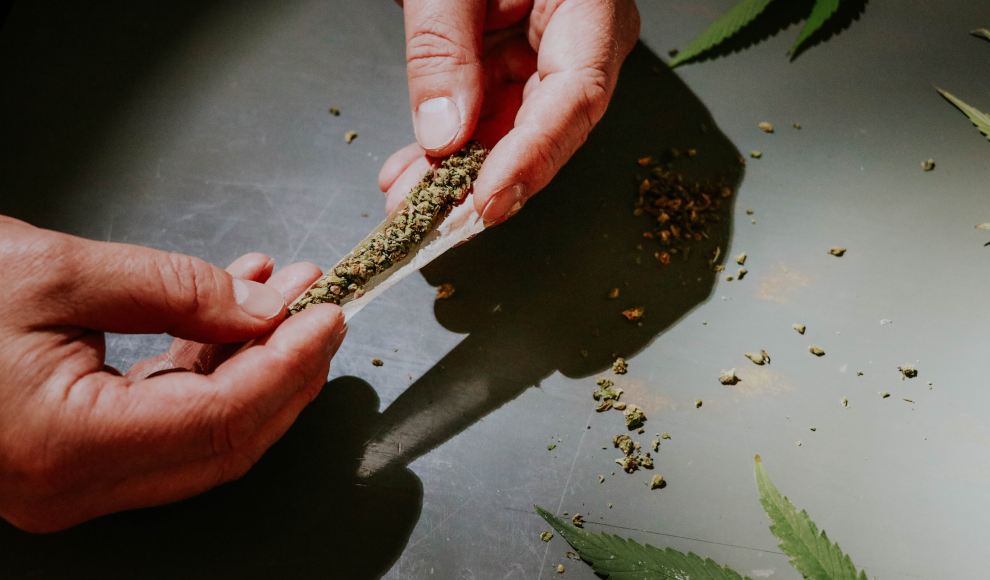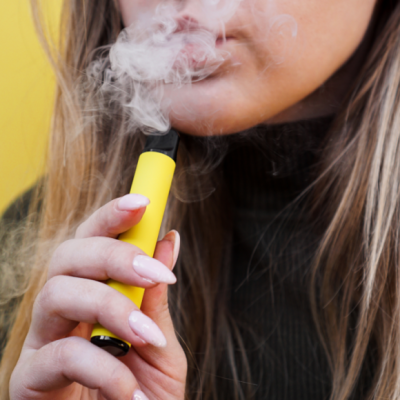A new study conducted by the King’s College London (KCL) has found that daily consumption of cannabis with high levels of THC increases the risk of developing psychosis by five times compared to those who have never consumed the drug. The study, published in The Lancet Psychiatry, analyzed data from 11 regions across England, France, the Netherlands, Italy, Spain, and Brazil. The researchers found that in cities where high-potency cannabis is readily available, a significant proportion of new diagnoses of psychosis occurred in individuals who consumed the drug daily. This was particularly evident in London and Amsterdam, where one-third and half of the psychosis patients were cannabis users, respectively.
The study also revealed that the incidence of psychiatric disorders at the population level is influenced by the consumption of the drug. The researchers examined the number of psychoses that occurred between 2010 and 2015 in the regions and analyzed the medical history of 901 patients and 1,237 control group participants. They found that nearly one-third of patients with new diagnoses of psychosis consumed high-potency cannabis daily, while the proportion of cannabis users in the control group was significantly lower. The study calculated that individuals who consume moderate levels of THC daily have a three times higher risk of developing psychosis for the first time than those who have never consumed the drug. The risk increases to five times for those who consume high-potency cannabis daily.
Dr. Marta Di Forti, the lead author of the study, explained that the results are consistent with previous studies that have shown that the use of cannabis with THC concentrations above 10 percent has more harmful effects on mental health than weaker strains. The study is the first to demonstrate the link between cannabis consumption and the incidence of psychiatric disorders at the population level. The findings suggest that around one-fifth of psychosis cases in the study locations could be attributed to daily cannabis consumption.
The study highlights the need for public health campaigns to raise awareness of the risks associated with cannabis use, particularly among young people. It also emphasizes the importance of regulating the potency of cannabis products to reduce the risk of harm to mental health. The researchers hope that their findings will inform policy decisions on drug regulation and help to reduce the incidence of psychiatric disorders associated with cannabis use.










